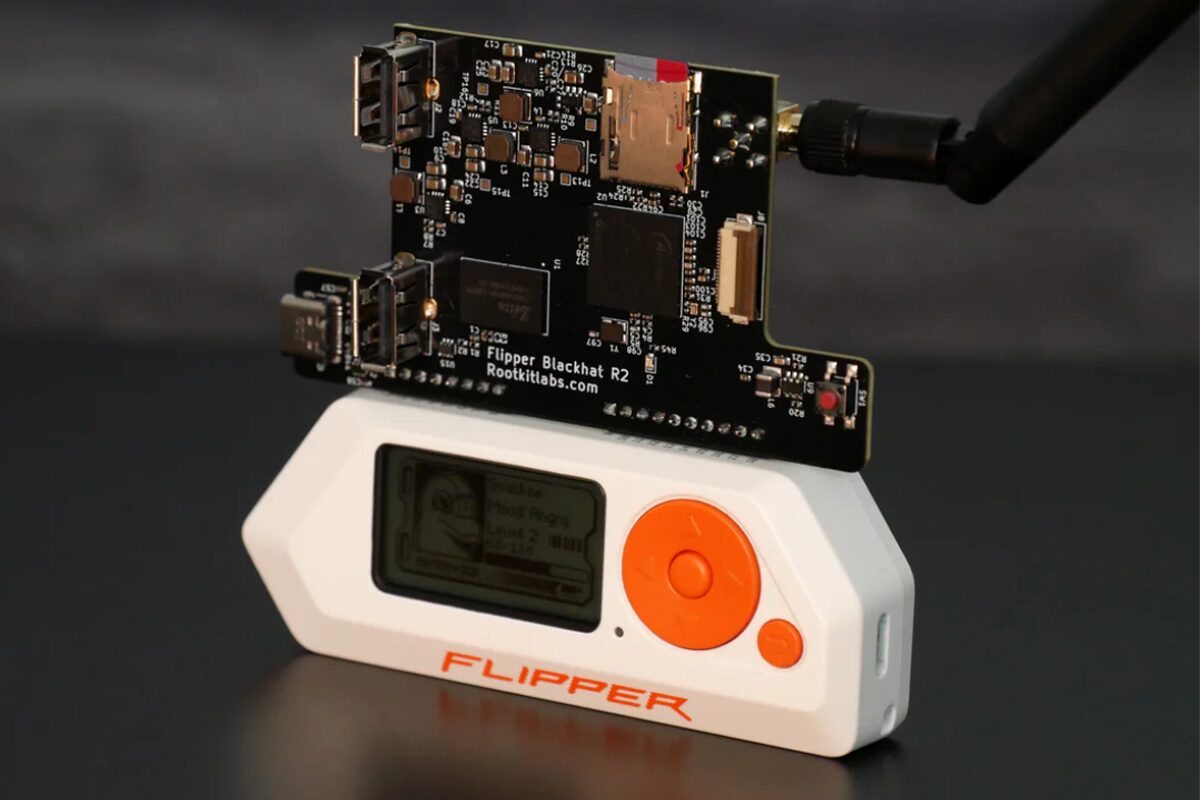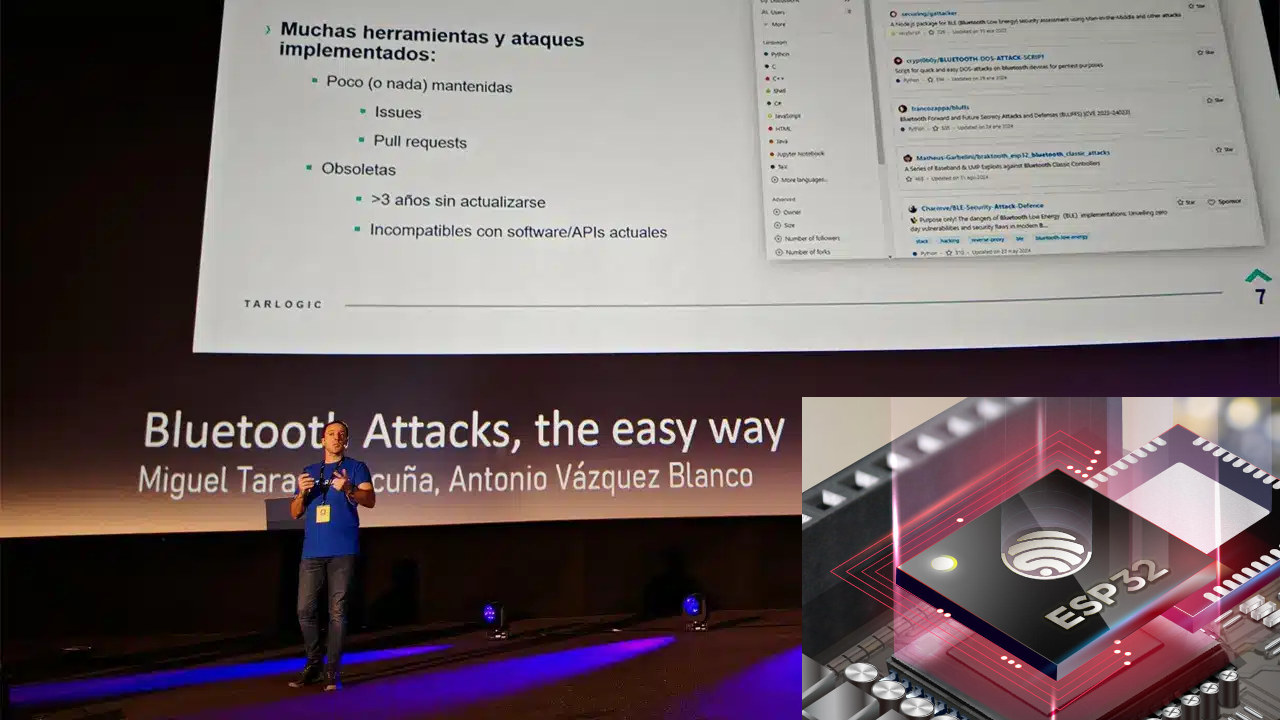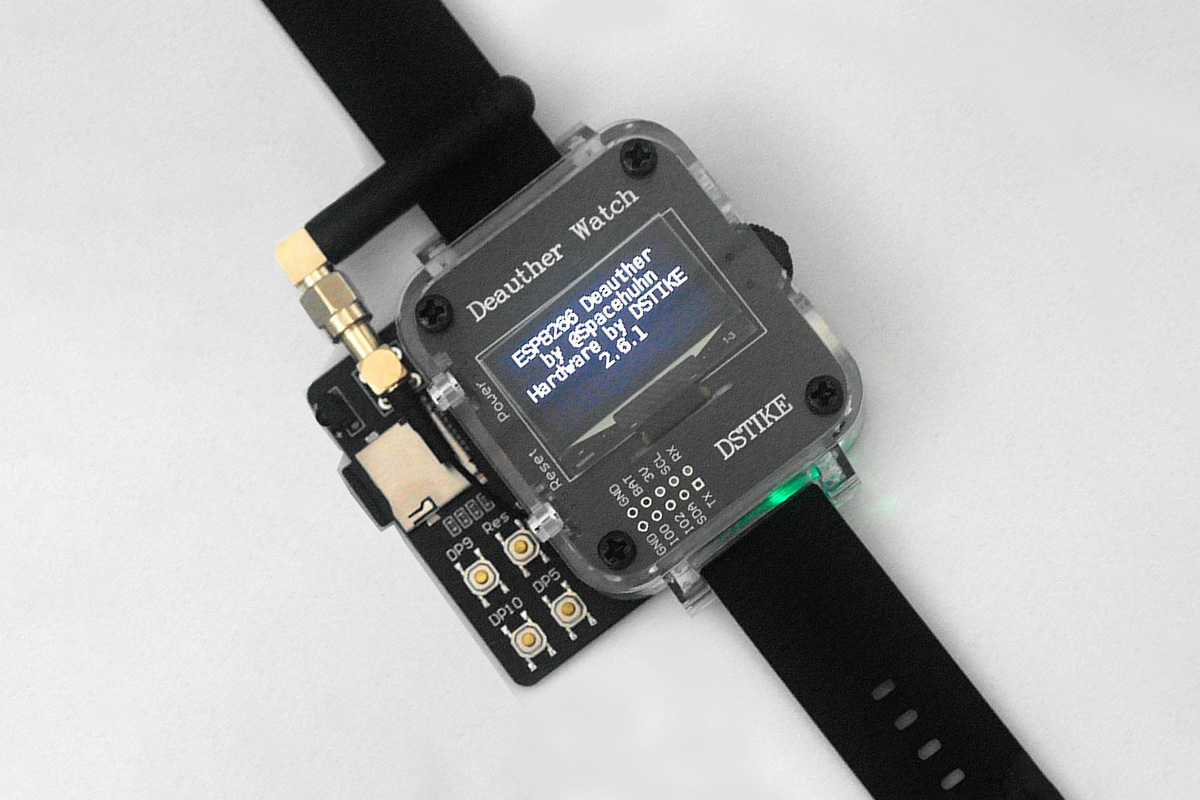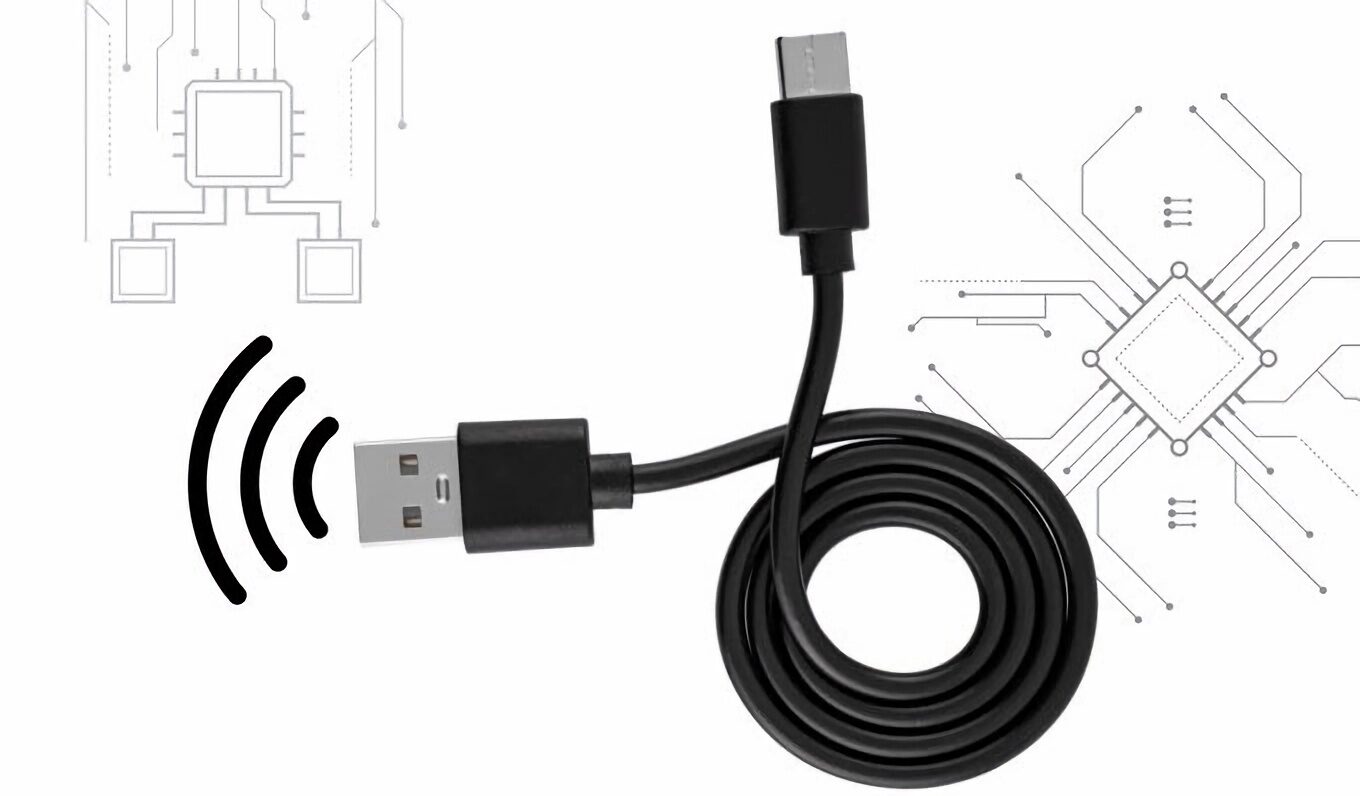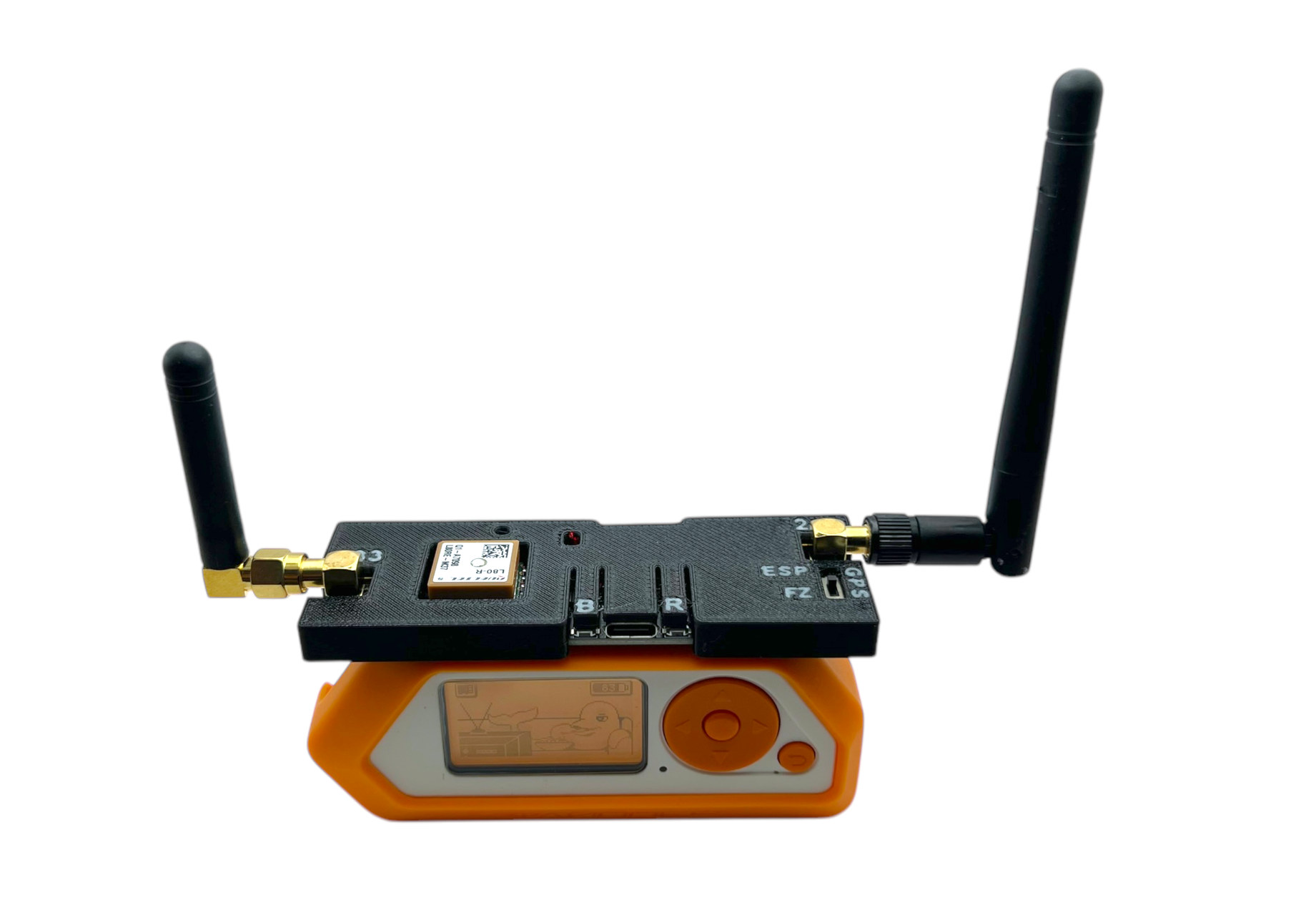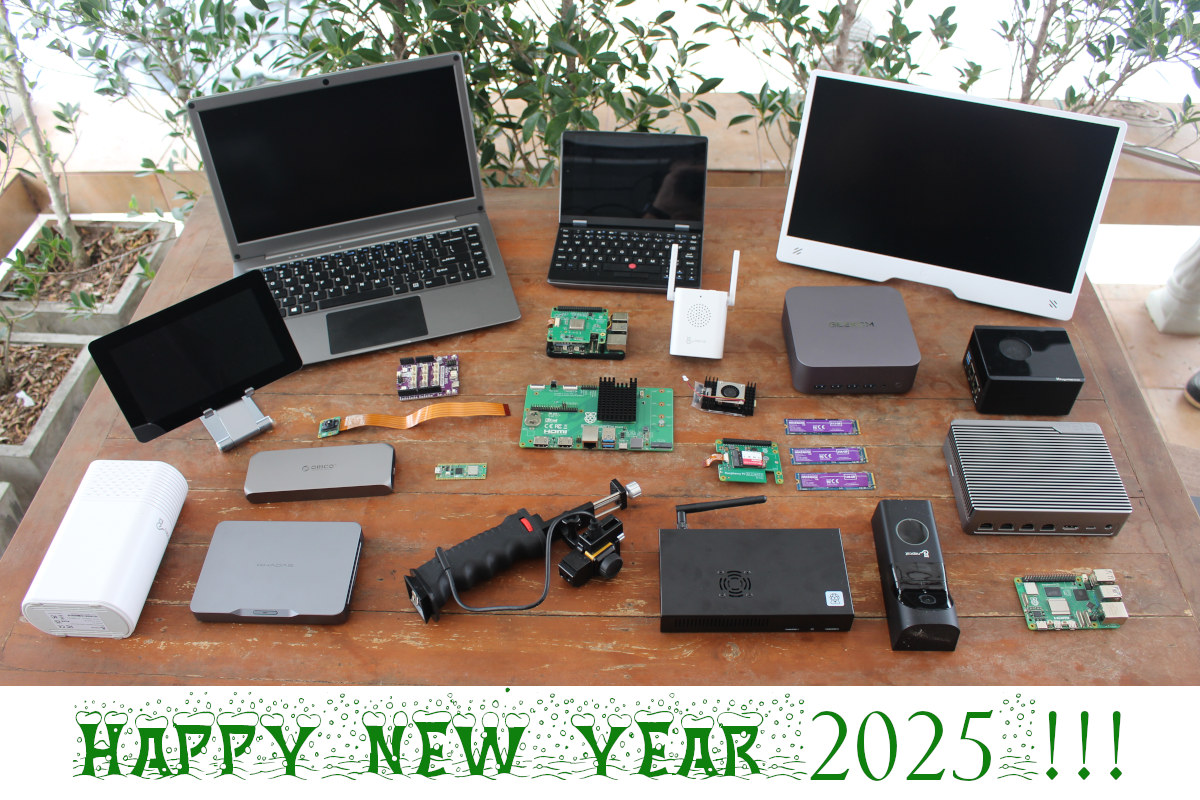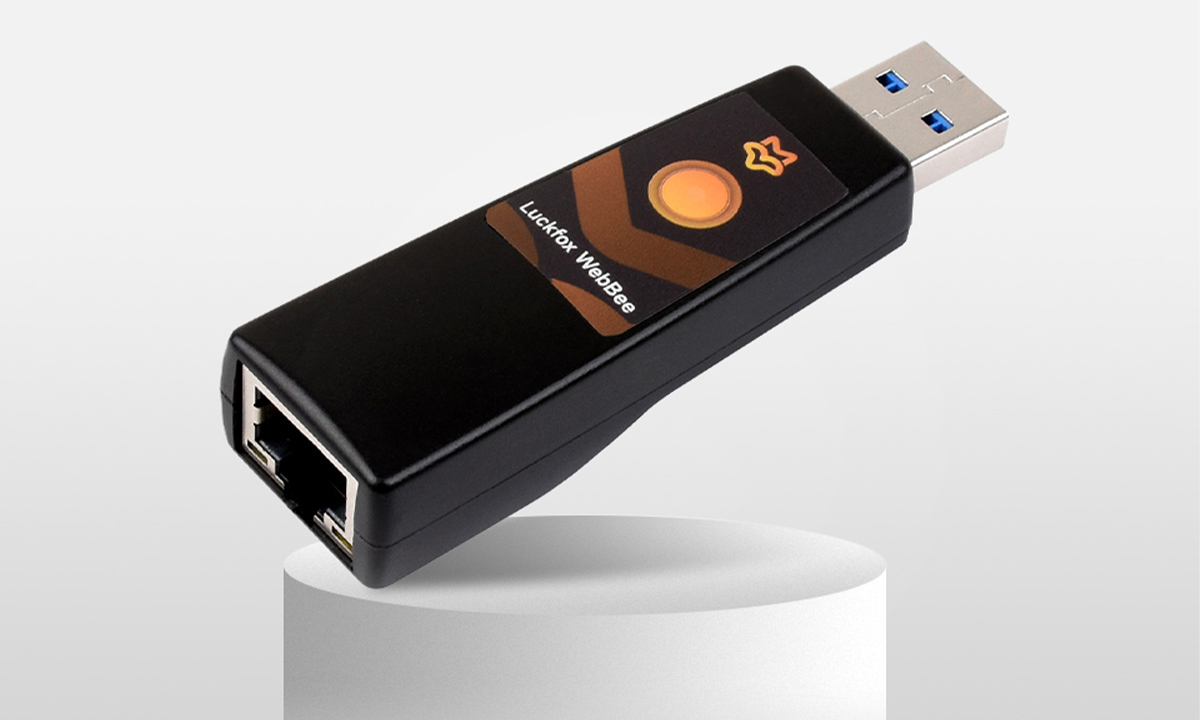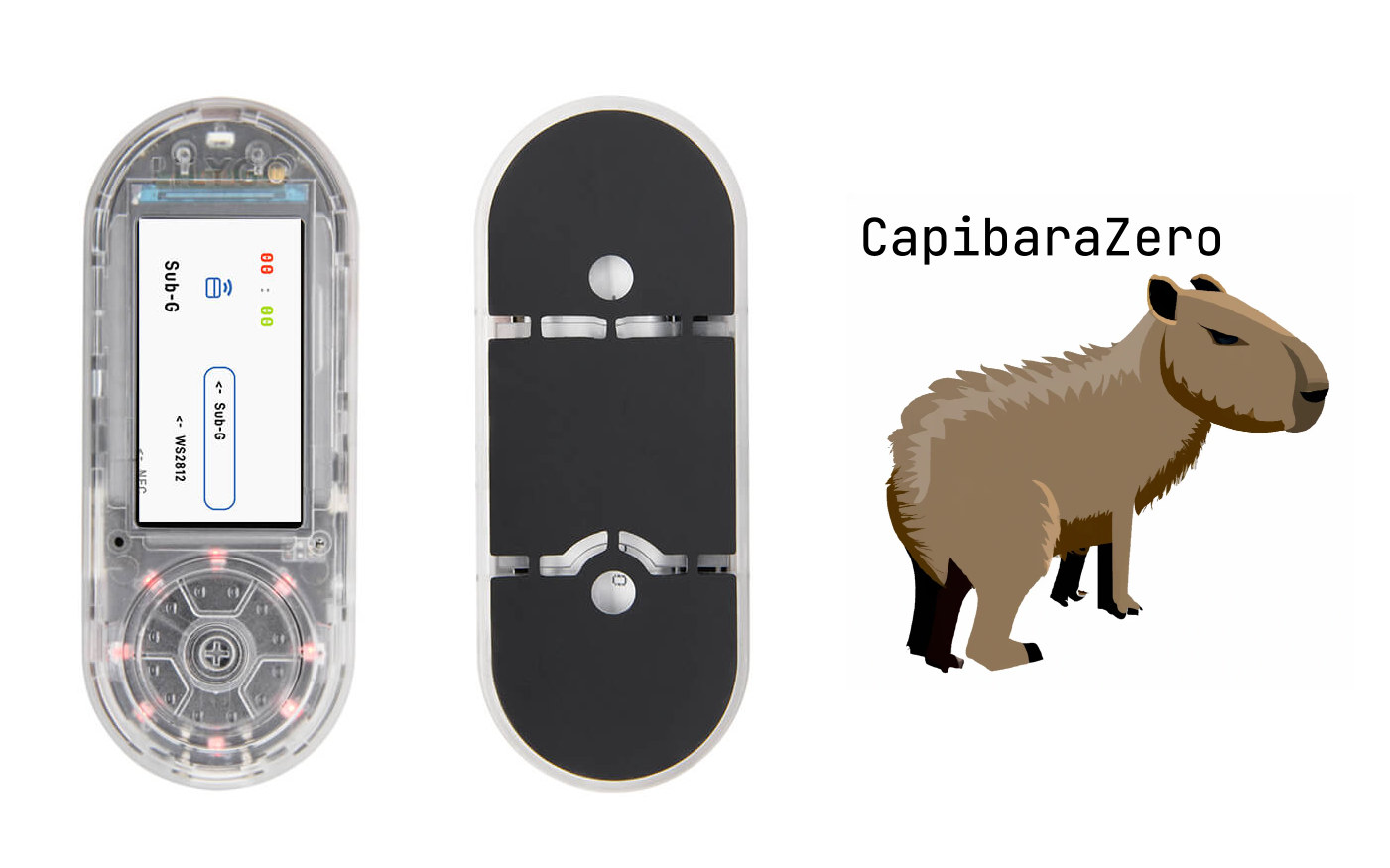Developed by Rootkit Labs in Switzerland, the Flipper Blackhat is an open-source Allwinner A33-based Flipper Zero dual-band Wi-Fi card running Linux and designed for penetration testing, cybersecurity research, and wireless network analysis. Built around an Allwinner A33 quad-core 1.5GHz processor, it comes with 1GB RAM, and an onboard 2.4GHz WiFi radio (RTL8723DS), with additional connectivity via two USB-A ports and one USB-C (FTDI-connected). The package also includes a 5GHz USB WiFi dongle (RTL8821CU) and a WiFi antenna for the built-in radio but requires an SD card and Flipper device separately. Flipper Blackhat Specifications: SoC – Allwinner A33 CPU – Quad-core Arm Cortex-A7 processor GPU – Arm Mali-400 MP2 VPU – 1080p60 H.264, VP8, MPEG 1/2/4, JPEG/MJPEG video decoding 1080p60 H.264 video encoding Memory – 1GB RAM Storage – SD Card slot Wireless Connectivity Realtek RTL8723DS 2.4 GHz Wi-Fi Includes Realtek RTL8821CU 5 GHz USB Wi-Fi dongle Supports additional third-party Wi-Fi […]
Hidden proprietary Bluetooth HCI commands in ESP32 microcontroller could pose a security risk
Security is hard. Just as Espressif Systems announced PSA Level 2 for the ESP32-C6 microcontroller, Spain-based cybersecurity company Tarlogic published their findings about a hidden Bluetooth functionality that can be used as a backdoor in the previous generation ESP32, and gave a presentation in Spanish at Rootedcon 2025. Specifically, they found hidden proprietary Bluetooth HCI (Host Controller Interface) commands used to read & write controller memory, and typically used for debugging. However, they could also facilitate supply chain attacks, the concealment of backdoors in the chipset, or the execution of more sophisticated attacks. Tarlogic initially called it a “backdoor”, but some disputed the claim (more on that later), and the company eventually issued an update downgrading it to a “hidden” feature: We would like to clarify that it is more appropriate to refer to the presence of proprietary HCI commands—which allow operations such as reading and modifying memory in the […]
The Deauther Watch V4S IR is a Wi-Fi hacker watch that can run up to 21 scripts via IR remote for wireless and HID attacks
We previously wrote about the Deauther Watch X used for wireless pentesting. The company has now released the Deauther Watch V4S IR an Wi-Fi hacker watch with a built-in infrared (IR) remote control for executing several scripts stored on a microSD card. It supports deauther attacks, Bad USB (HID) attacks, WiFi packet monitoring, and real-time clock adjustments. The new version features a 1,000mAh battery that can be charged via USB and it comes with includes a Type-C power cable, acrylic cover, and software manual. You can modify the Ducky Script inside the text files but must keep the filenames unchanged for proper operation. These features make this tool useful for cybersecurity professionals and enthusiasts for network security testing, penetration testing, and more. Deauther Watch V4S IR specifications: MCU – ESP8266 WiFi SoC @ up to 160 MHz with 160KB SRAM, 4MB SPI flash Storage – MicroSD card (preloaded with 21 […]
HackCable is a wireless-enabled, USB-C keystroke injection cable powered by ESP32 or RP2040 (Crowdfunding)
HackCable is a wireless-enabled USB-C keystroke injection cable described as the “ultimate tool for cybersecurity enthusiasts and ethical hackers.” powered by the ESP32-S3 or the Raspberry Pi RP2040. The ESP32-S3 version is described as the Wi-Fi Version and offers a built-in Wi-Fi hotspot, remote operation, and master-slave configuration for multiple cables. The Normal Version is a cheaper variant powered by the Raspberry Pi RP2040 microcontroller and built for focused, offline tasks where wireless control isn’t needed. The HackCable promises hardware keylogging, remote control, and master-slave synchronization for multiple cables. We have covered other USB penetration testing tools like the Diabolic Drive and Pendrive S3, but those were USB dongles while the HackCable looks like a standard USB Type-A to USB Type-C cable. There is very little information about the product, other than the microcontrollers that power it. It is likely running SuperWiFiDuck or some other USB rubber ducky program. It […]
FlipMods Combo is a 3-in-1 Flipper Zero expansion module with ESP32, GPS, and CC1101 modules
Sacred Labs’ FlipMods Combo is a 3-in-1 expansion module for the Flipper Zero that combines an ESP32 WiFi and Bluetooth SoC, Texas Instruments CC1101 Sub-GHz wireless microcontroller, and an unnamed GPS module. The expansion module is housed in a neat 3D-printed case and features a built-in GPS antenna, external WiFI/Bluetooth & Sub-Ghz antennas, as well as a switch to send the GPS data to the ESP32 chip or the Flipper Zero. The ESP32 module is preloaded with the Marauder firmware also used in the ESP32 Marauder Pocket Unit and Mayhem v2 for Flipper Zero for penetration testing with Wi-Fi scanning, de-authentication attacks, packet sniffing, and more. FlipMods Combo specifications: Wireless modules ESP32-WROOM-32UE for WiFi and Bluetooth; external SMA antenna (long) Texas Instruments CC1011 for 315, 433, 868, and 915MHz ISM bands; external SMA antenna (short) GPS module with internal antenna Storage – MicroSD card slot up to 32GB USB – […]
CNX Software’s 2024 Year in review, website statistics, and what to expect in 2025
That’s it! 2024 is almost over, and it’s time to reflect on what happened during the year. So I’ll look at the highlights of 2024, share some CNX Software website traffic statistics, and speculate on what may be ahead of us in 2025. Looking back at 2024 Raspberry Pi was super active this year with 22 product launches that included boards and modules like the Raspberry Pi 5 with 2GB RAM, Raspberry Pi Pico 2 and Pico 2 W, Raspberry Pi CM5, expansion modules like the Raspberry Pi AI camera, AI HAT+, and M.2 HAT+, new accessories such as the Raspberry Pi Touch Display 2 and the Raspberry Pi Monitor, and the new Raspberry Pi 500 keyboard PC among others. As usual, there was also plenty of announcement of accessories from third parties, and some boards with the new Raspberry Pi RP2350 Arm/RISC-V microcontroller. There weren’t any ground-breaking Arm processors […]
Luckfox Pico WebBee – A Rockchip RV1103 USB & Ethernet development board for web servers, scripting, and Smart Home applications
Luckfox has launched the Pico WebBee, a Linux-based micro development board powered by the Rockchip RV1103 Cortex-A7 SoC with 64MB of on-chip RAM. Externally, the Pico WebBee resembles a USB dongle enclosed in an ABS case with a USB Type-A port and a 100Mbps Ethernet RJ45 port. Additionally, it includes an internal microSD card slot and a boot button. The board is designed for applications such as lightweight web servers, USB scripting tools, and smart home devices. It’s not quite the first Rockchip RV1103 solution from Luckfox, as we previously covered the Luckfox Pico Mini Arm Linux camera board and the Luckfox Pico Plus camera board with an Ethernet port. The Pico WebBeee is quite different in its form factor (it’s a complete device), and it also lacks a camera interface. Luckfox Pico WebBee specifications: SoC – Rockchip RV1103 G1 CPU – Single-core Arm Cortex-A7 processor @ 1.2GHz + RISC-V […]
CapibaraZero firmware enables low-cost Flipper Zero alternatives based on ESP32-S3 hardware
CapibaraZero open-source firmware aims to offer a low-cost alternative to Flipper Zero for ESP32-S3-based hardware platforms and soon other gizmos with ESP32 wireless microcontrollers, notably the LilyGO T-Embed CC1101, similar to the original T-Embed with ESP32-S3 WiSoC, but also featuring a Texas Instruments CC1101 Sub-GHz microcontroller and an NXP PN532 NFC/RFID module. The Flipper Zero is a popular portable multi-tool for pentesters and hardware hackers based on STMicro STM32WB55 Bluetooth 5 LE & 802.15.4 wireless microcontroller and a TI CC1101 Sub-Ghz MCU that got involved in controversies such as a ban proposal in Canada last year due to its (dubious) potential use for car theft. Since then we’ve seen several alternatives such as Monstatek M1 (that’s yet to be delivered to backers…) and HackBat open-source hardware with Raspberry Pi RP2040, ESP8266 WiFi module, and the CC1101 RF transceiver. The CapibaraZero firmware offers another way to create your own cheap Flipper […]


